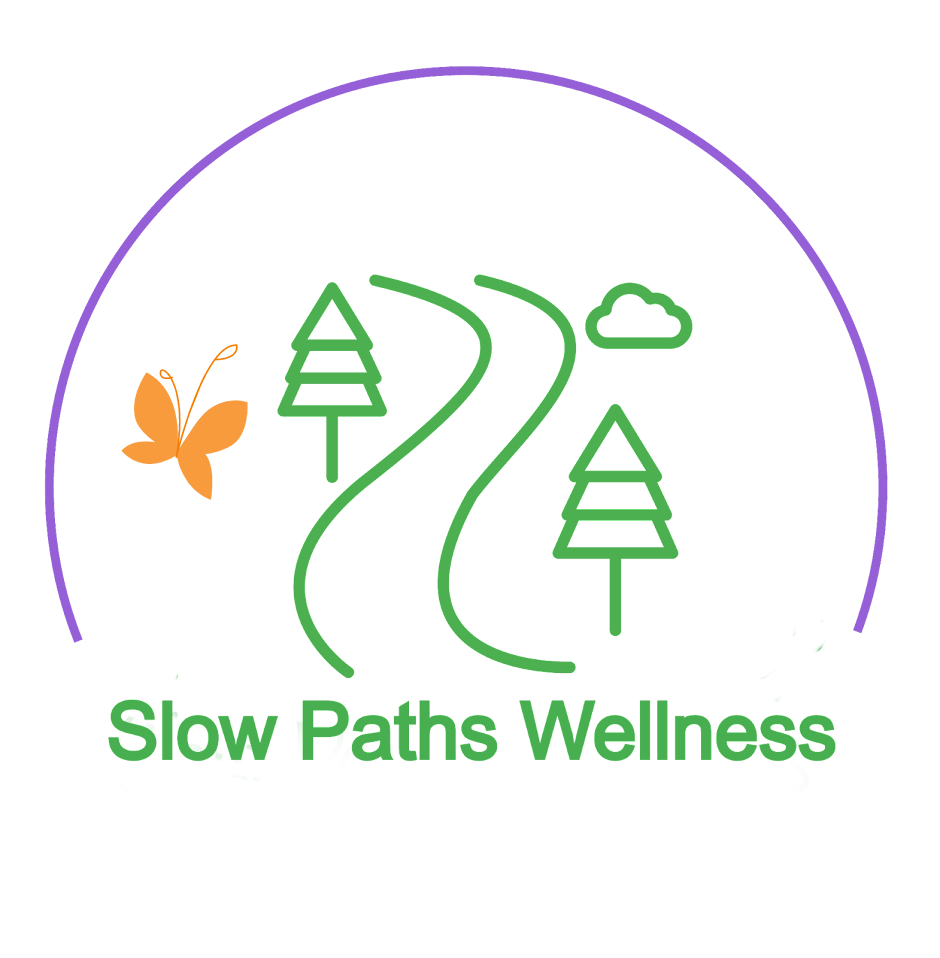Frequently Asked Questions
While acupuncture and
Chinese medicine are more and more accepted in the United States, they are
still not familiar to most people. Here are some Frequently Asked Questions:
 |
| Photo from Stock.xchang |
1. What are Acupuncture and Traditional Chinese Medicine?
Traditional Chinese
Medicine (TCM) includes acupuncture, herbal medicine, dietary therapy, and
bodywork. Acupuncture is the use
of tiny, sterile, disposable needles on points along meridians to treat illness
using the meridian system theories of TCM. The meridians are a
system of "energy highways" along the body that roughly correspond to
nerve and blood vessel pathways in modern science.
TCM is the synthesis
of Asian medicine taught in China, based on medical theory developed over
thousands of years of observing and treating people with all manner of
illnesses. Asian medicine was the premier system of medicine for
centuries throughout China, Japan, and Southeast Asia, and has protocols to
treat every illness, even if the formal name for an illness has changed in
time. TCM is able to be so effective because it views the body as a whole
entity that is affected by emotion, food, events, and its surroundings.
Illness in one area of the body effects the rest of the body. For
example, pain in your back can cause pain in your neck, or fatigue, or
depression, or a headache can cause nausea or irritability. A cloudy damp
day can cause depression, or a flare up of arthritis. Treatments aim to
restore normal body function and help your body adjust to your surroundings.
TCM pays special attention to diet, emotions, and the patient's surroundings. Any health problem can be improved with treatment directed at these three factors. TCM also recognizes the influence the weather can have on illness, and recommends working with the seasons rather than fighting them.
 |
| Photo Credit: Kurhan |
2. A Friend Says Her Doctor Does "Medical Acupuncture". Is It the Same as What You Do?
A Licensed Acupuncturist has over 3,000 hours of training, including at least a
900-hour internship for hands-on application of acupuncture techniques.
Training includes proper point location and needling technique, Chinese medical
theory, Chinese herbal medicine, as well as classes in Western medicine such as
pharmacology and pathology. Medical acupuncture is the term used to describe
needling performed by a doctor (Medical Doctor or Doctor of Chiropractic)
trained in Western medicine. These practitioners typically have 200 hours of
training in using acupuncture needles.
3. Does Acupuncture Hurt?
The most common
feeling during needling is of pressure or distention around a point. A
dull ache is also possible. Acupuncture is never as uncomfortable as an injection
at a doctor’s office. Some people feel like they are floating, or
the area needled feels warmer or colder than the rest of the body. Many
patients fall asleep during treatment. If you do feel any discomfort,
please tell your practitioner immediately. She can usually adjust the
needle and make you more comfortable.
If you are very
sensitive, or do not want to be needled for any reason, there are other options
available. We can use magnetic pellets (which do not break the skin) on points
in your ear or on your hands. Acupressure and herbal therapy are other
“needle-free” treatment options.
4. Do I need to believe in it?
 |
| Photo Credit: emospada |
Many people believe
acupuncture will not work if they are skeptical of its benefits. Although
any form of medicine, including prescription medications and surgery, benefit
from a patient’s positive feeling toward it, acupuncture still works if you do
not believe in it. Acupuncture is widely used in veterinary medicine with
consistently positive results, even though the animals have no belief in
TCM.
Traditional Chinese Medicine is a form of medicine, not a religion,
and requires no more specific set of beliefs to be effective than you take to
your medical doctor’s office. That being said, most doctors will tell you
the patients who have a positive attitude about life and take responsibility
for their own healthcare typically have better health than those who do
not. The same is true for acupuncture patients.
5. Will It Help Me?
Traditional Chinese
Medicine is a complete medical system, and was the only medical system
available in China for thousands of years. It can treat literally any
health problem, although for some illnesses, such as acute infectious disease
or severe trauma, Western treatments are often more effective.
 |
| Photo Credit: anissat |
TCM is
especially helpful with any pain or stress-related illness, and treats
digestive diseases, neurological symptoms, emotional problems, menopausal
symptoms, infertility and menstrual problems effectively, sometimes alone but
more often as part of an overall treatment plan including Western and
alternative treatments.
The World Health
Organization and the National Institutes of Health have found acupuncture, the
most studied of TCM treatment modalities, to be an effective part of treatment
for conditions such as: anxiety, depression, nausea, abdominal pain,
constipation, hyperacidity,neurosis, cataracts, tinnitus, poor vision,
infertility, arthritis, back pain, stress reduction, muscle pain and weakness,
headaches and migraines, Parkinson’s disease, and disability related to
strokes.
Please feel free to
call Teresa Green to discuss how Traditional Chinese Medicine can help you with
your health issues.
Clinic Phone: (804) 683-2979
Clinic Phone: (804) 683-2979
